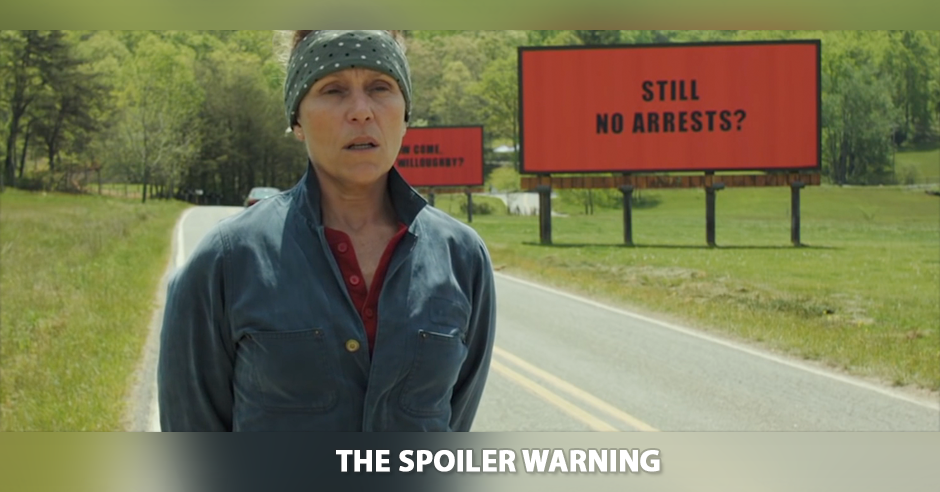I’ve never seen a Martin McDonagh play. But, from his first two films, I was certain I knew his brand: wildly witty, self-aware nihilism; the irreverence of Tarantino and panache of Guy Ritchie blended with quaaludes to a sweet, sludgy black. In Bruges and Seven Psychopaths were both favorites of mine, but their message — if one could charitably call it that — was “Let’s watch the world burn through a fogged-up funhouse mirror.”
Three Billboards is a different, more mature animal. It has all the cleverness, and gleeful blasphemy, of his earlier films — unquotable monologues, manic fits of disproportional violence. But it also has something serious to say, and is willing to take its brooding time saying it. In that sense, it’s hard not to compare it to his brother’s film Calvary. If Calvary asked the question “What use is faith in a world whose institutions fail to earn it?”, Three Billboards asks “What good is anger when there’s no one to absorb the blame?” It’s a story of characters filled with righteous indignation and no proper place to funnel it. Mildred Hayes can’t believe her daughter’s murder hasn’t been solved. Sgt Dixon can’t believe his boss’s good name is being dragged through the mud. In typical playwright fashion, improbably heightened events are used to tease out real emotions from real people: the point isn’t what happens, it’s how these characters would respond if it had. Perfectly scripted and wonderfully realized (Sam Rockwell and Woody Harrelson are particularly great), those responses are always earned. If you go in expecting an A-to-B storyline with lovable heroes, you’ll be sorely disappointed. But if you’re ready to soak in a few hours of gray, you’d be hard pressed to do better than this. One of my favorites of the year.
